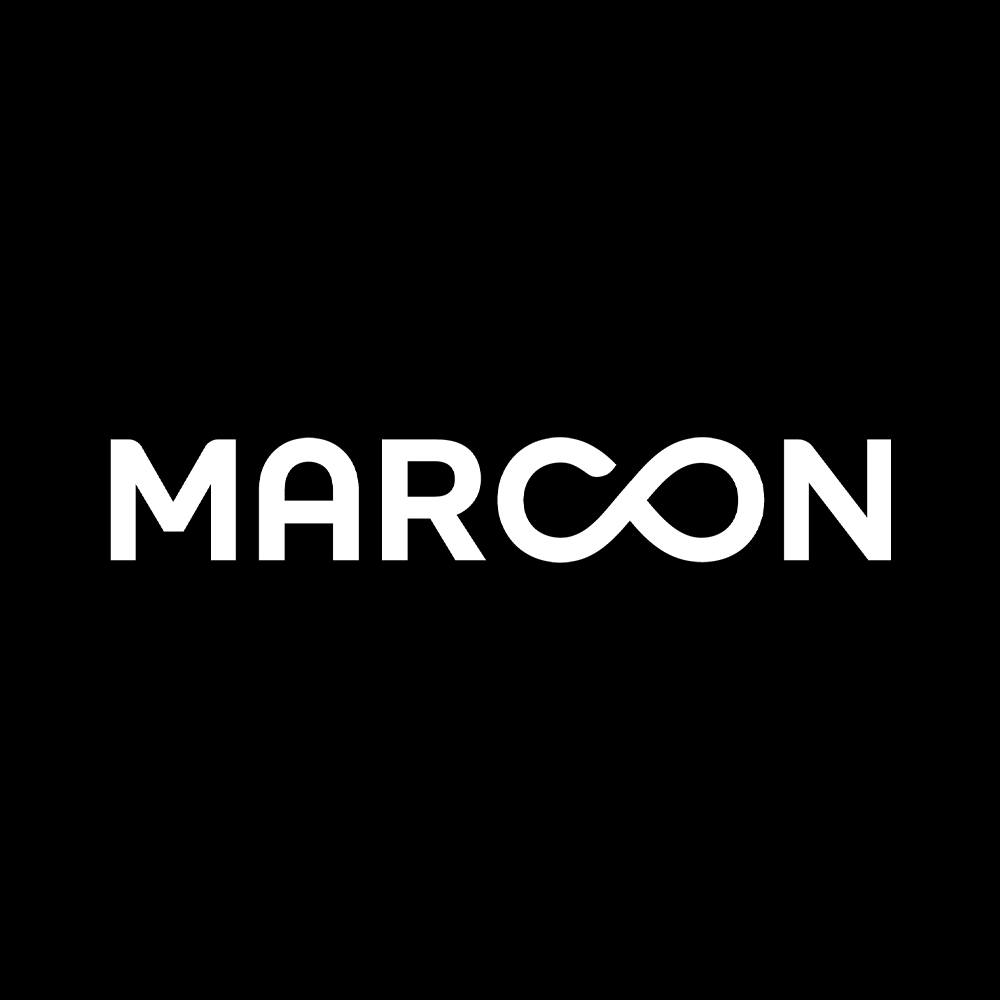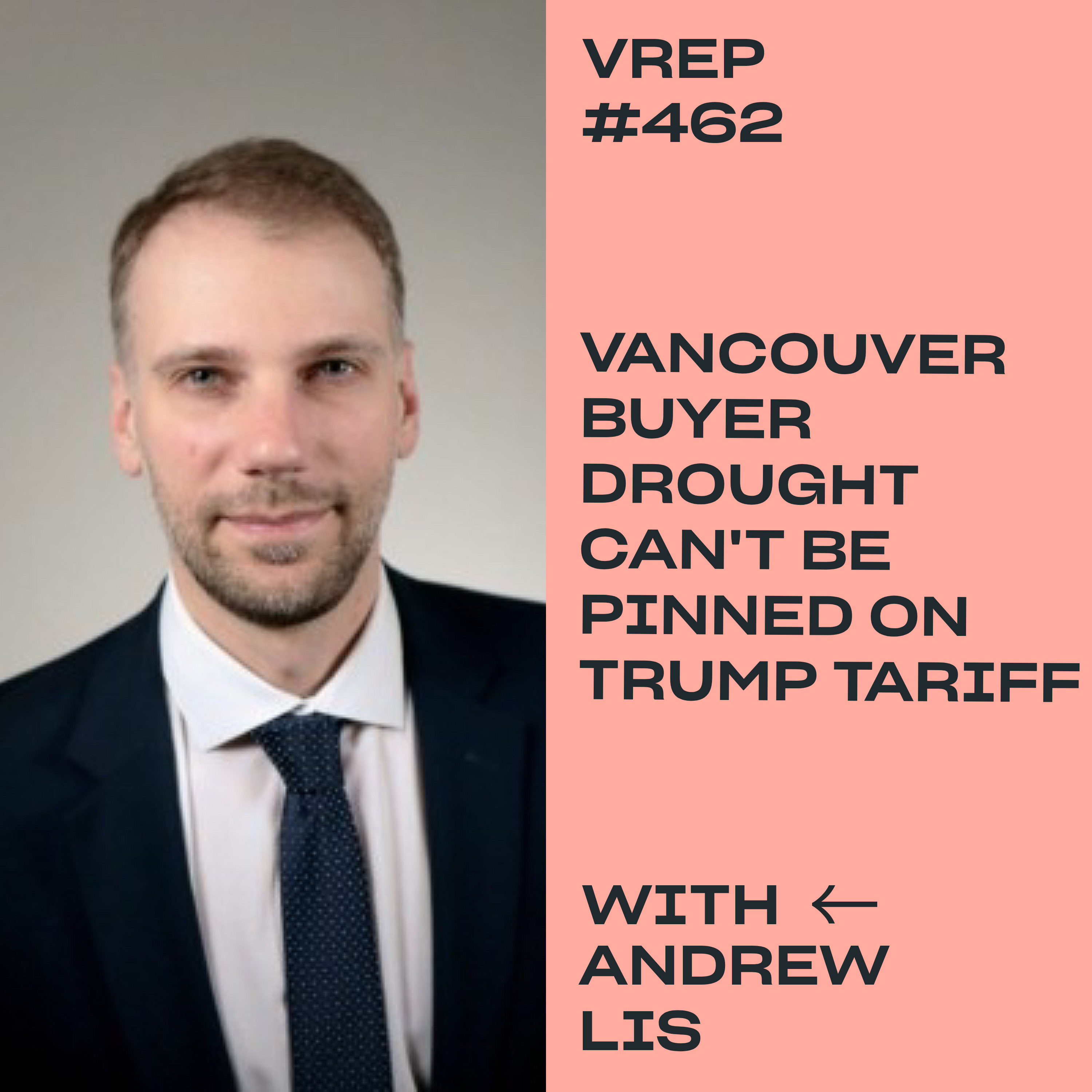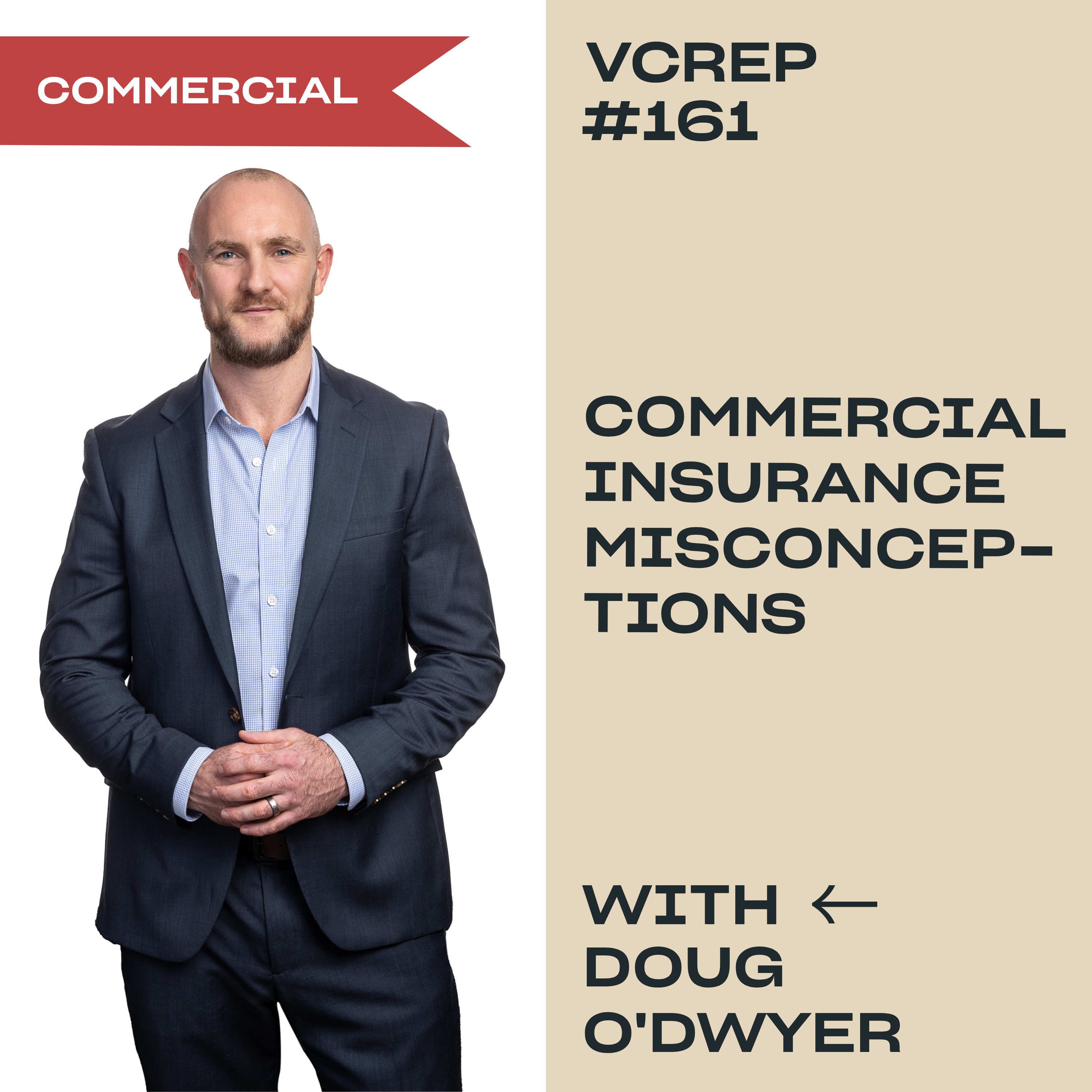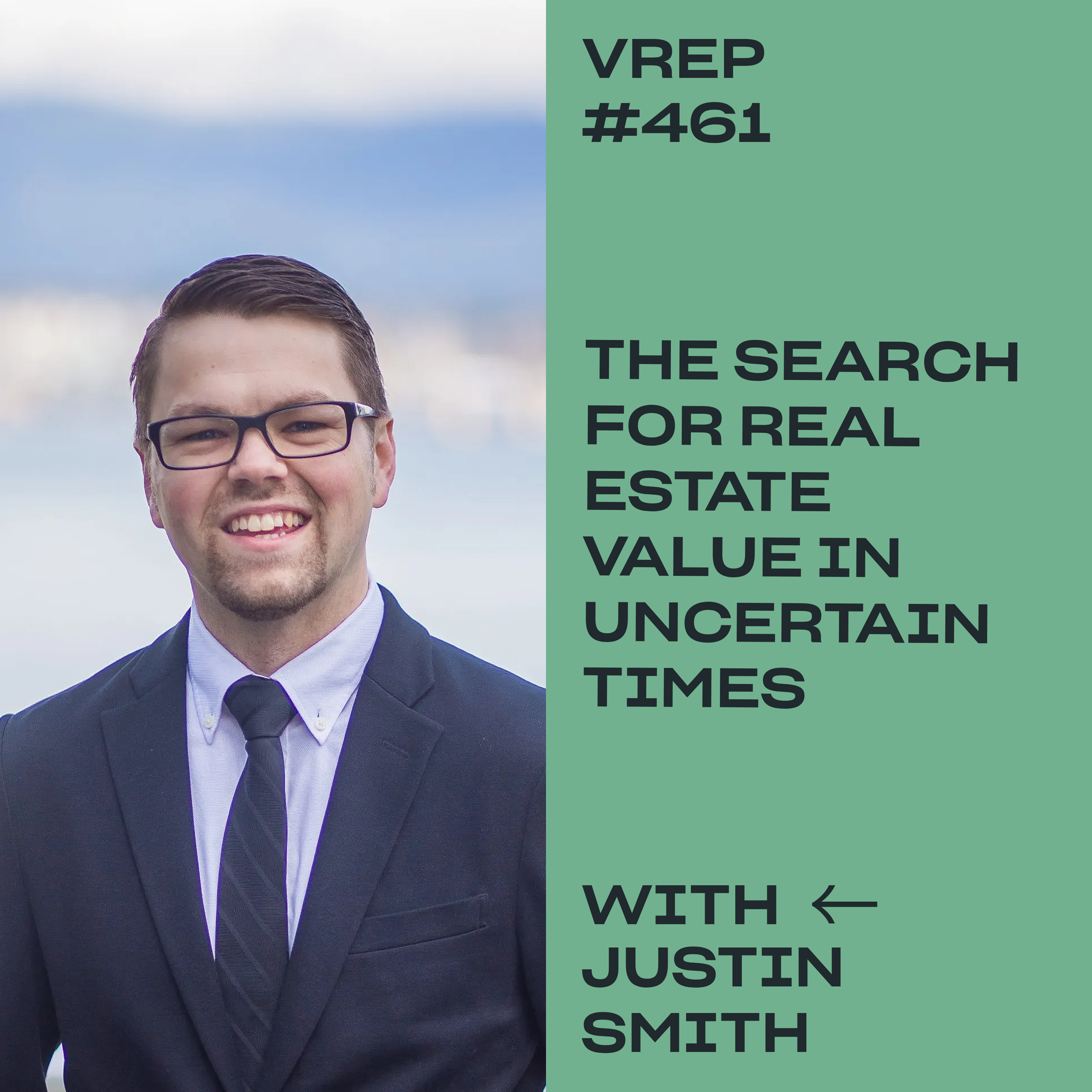Episode 366 – April 6, 2023
Listen On: Apple Podcasts | Spotify | Google Podcasts | YouTube
Where are the most vibrant and connected communities in Metro Vancouver? And how should this inform where you live and where you invest?
Ameet Johal, Principal at Junction Co., runs a global consulting firm that advises developers on building exciting, inclusive and connected communities in Vancouver and beyond.
Who are we building for? Who has been traditionally overlooked and why? And how can we build new homes that meet the needs of all its residents. Ameet brings a global perspective & sees big opportunity for enriching cities & communities across Vancouver.
Guest Information
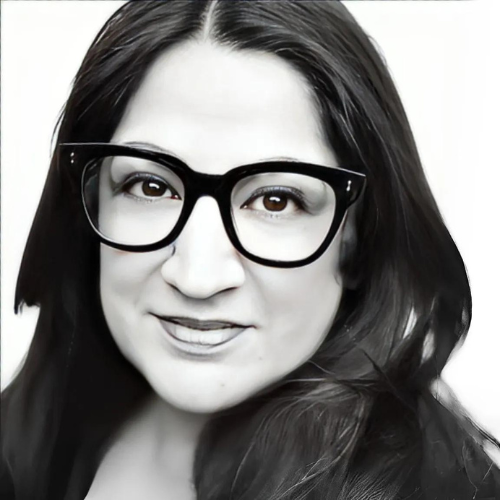
Ameet Johal
Ameet Johal is the Principal at Junction Co. Ameet has worked in the real estate development industry for over 25 years with a focus on project positioning, product development, marketing and sales. She has been accountable for generating revenue across all classes of real estate including; master-planned communities, mixed-use developments, multifamily buildings, single-family homes, retail, and hospitality. A firm believer in the power of collaboration, Ameet works with every client to clearly understand their business goals and ensure the project vision is articulated, shared, and championed at every step along the way from boardroom to market. Ameet’s purpose comes from her sincere dedication to building better cities, today and for the future.
Episode Summary
What is the culture of Vancouver? Why are other markets outperforming us? And how can we build connected communities in Vancouver that are activated, inclusive and engaging? Junction Co.’s Ameet Johal shines a light on where the Vancouver real estate industry needs to improve.
On diversity, inclusion and the lack of women represented in the real estate industry (and this podcast!):
I do have to go on the record and call you guys out (respectfully!) for the lack of women and diversity on your podcast to date. I won’t razz you too much but on behalf of the amazing, talented people in this industry, you have a great platform and I hope you get more diverse voices on to share their perspectives.
The reality is that most developers are men. We are seeing more diversity amongst executive teams and more women at the table. However, I was just having lunch with a friend and she was saying she’s still the only woman represented where she works. It is a challenge.
I hope the future of our industry sees more women at the helm. I’m working with an investor who is funding an all-women led development. We want to see women doing this work together. To be honest, I just want to work with dope women. If I can rally the troops and support that, let’s do it.
There are amazing women in this industry on all fronts: construction, acquisition, marketing, sales, etc. They should be at the table because we need to hear their voices.
This is very indicative of the state of our industry. Maybe the lack of diverse voices on this podcast wasn’t on your radar until recently. It’s not intentional but that is where bias exists. You don’t know that you’re doing it.
Everyone has a distinct lens that they look at this business from. The more diverse people you have looking and contributing, the wider view you have. You get more perspective and you don’t get stuck doing what you’ve always done. It makes for a better project.
There was a great book I read recently called Feminist City by Leslie Kern. It talks about how women and immigrants were the first occupiers of urban centres. Housing took its form by accommodating those groups. But when you look at the advancement of real estate development, there’s not a voice at the table advocating for those groups.
Downtown is chock full of young families and diverse people. How can we build a city that accommodates all walks of life? We have people who study urbanism but their perspectives aren’t often heard. Developers talk about how a playground can meet code but not how a mother with two children can go to the bathroom if one kid is on the swingset.
I’ve worked alongside a lot of amazing women. I could list 20-30 that I know locally who are doing an amazing job. But our industry can do better.
Keep your finger on the pulse of Vancouver’s real estate market with our Live Wire email newsletter.
How does Vancouver compare to other global cities?
I was born and raised in Vancouver – shout out to North Delta! Most of my real estate career has been local. I worked in Calgary for a portion of my career, looking at snowbird real estate. I also have done work in Toronto and have plans to work in London.
In recent years, it seems other cities are doing a better job than Vancouver when it comes to the level of innovation and consideration for how people will live in a place. Other cities are pulling in partnerships and developers to push things like retail on the ground floor, amenities and convenience.
Other markets are outperforming Vancouver when it comes to getting creative and being relevant to where the market is at. They’re developing communities that have a new-ness to them in terms of how they’re built, the activation and the culture.
Technology is another big part. Anyone in development would say their budget can’t afford the latest tech. But what is the new era of living in an urban environment? We’re seeing newness and innovation. Other markets are doing that a bit better than Vancouver.
At one time, Vancouver was the beacon. And we still might be in terms of developers knowing what they’re doing, top sales and marketing, exporting our real estate talent, etc. But I think we’re losing our ranking and resting on our laurels.
We’re in a world-class city that doesn’t feel so world-class at the moment. But I’m keen to see how Vancouver moves into the new era.
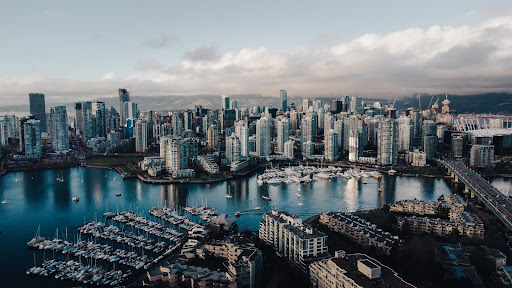
Can you share an example of some of the work Junction Co. does to help shape a modern, urban and connected community?
We were looking at a building in Surrey in early 2021 that had been in development for a few years. I was asked to collaborate with the developer about six months out from going to market. They were a very talented developer but sometimes you’re in the weeds and can’t see your way out of a problem.
In 2021, everyone was spending time at home. There were massive shifts in how people were living and what they needed from their environment. It would be irresponsible not to respond to that.
I have tremendous respect for people who understand that and are willing to do the work. So we took a step back and pulled data to see what about the project needed to change. We looked to other markets to see what they were doing and if it was working.
With that Surrey project we ended up pivoting big time. The pool we had planned didn’t stay. A pool is nice to have but it’s expensive. We swapped it for a steam sauna and cold plunge, which is real wellness. We made more spaces for fun – games rooms, indoor and outdoor spaces, etc. These were spaces where you could feel comfortable with a large group or just one or two people.
We wanted to create exceptional living conditions for the people who would be there – students, renters, young adults, etc. This wasn’t a matter of lack of sales. This was a development team that wanted to do the right thing by the people who would live there.
The Vancouver development community needs a rebrand. It’s full of people who care and want to do the right thing.
It’s short-sighted to only be thinking about doing something to get a certain price. We will get the price because we are creating a desirable product. If we do that, it guides the decisions. It allows us to do right by the people, the place and the community we want to build. So far it hasn’t been a battle to do the right thing. Everyone is aware of what’s going on and wants to exceed expectations.
How do you learn what people want and need in their community?
I’ve been in real estate sales and marketing for a very long time. I’ve always found that we need to focus in on the market position of a project. What are we doing here and why should people care?
Our front line is our sales team. They give us the feedback we need. We can talk to other sales people who have done work in the market we’re coming into. I like to ask, “If you were to bring something people didn’t know they wanted, what would it be?” For example, people may not want pools but maybe they want plunge pools, they just don’t know that’s an option.
If you’re looking to do something one of a kind – and everyone thinks their project is one of a kind – I like to look to other places in the world that have done something similar. How did that project land? And that’s just a phone call. We can access information anytime, anywhere. If I don’t have an answer, I can go get it.
Keep your finger on the pulse of Vancouver’s real estate market with our Live Wire email newsletter.
How did you get into real estate?
I started working at my uncle’s real estate office in my teens. I then went to another brokerage from there. I wasn’t sure what I wanted to do for a career. I grew up around real estate and my mom is a realtor, so I decided to take my real estate course. I ended up really liking it and got my licence at 18/19.
I learned that it was very hard to deal with people’s emotions and be patient. As a realtor, you have to be an expert, therapist, financier and more. So I approached the managing partner at the brokerage where I was working and brought up the idea of starting a website, as the internet was just popping at that time. Before that, it was just mailers going out. So that’s how I pivoted into real estate marketing.
From there, I did branding and marketing on the commercial side and then I got into project marketing and sales. There are great opportunities in this industry to lean into the parts of the work you really like.
The work I love to do is project positioning and getting the project to a place where the sales team has something great to sell. I focus on product place and the people we’re trying to engage. That’s the work we do at Junction Co.
What is the process at Junction Co.? What kind of work do you do to learn more about cities and people?
I love cities! I travelled a lot (safely and legally) during covid, spending time in different cities to see how they all reacted to the pandemic.
The first thing I do in a different market is walk. I want to know if someone lives here, what’s the go-to restaurant, where do they get groceries, etc. I like to talk to people on the street to find out more about the neighbourhood. Spending time on the ground is worthwhile to me.
I also talk to someone at the city level on the social housing side and someone on the design panel to see what’s missing. I then do research on the broader trends and goals of that city. There’s so much information available.
I look at the data, lived experience, my own perspective and my intuition. Then it’s about packaging it up in a way that aligns with the developer’s brand so they can tailor the project accordingly.
A lot of the work I do now is split between projects in the early stages when we’re still deciding what the look and feel will be, and then projects 6-8 months out that need a second set of eyes to point out vulnerabilities.
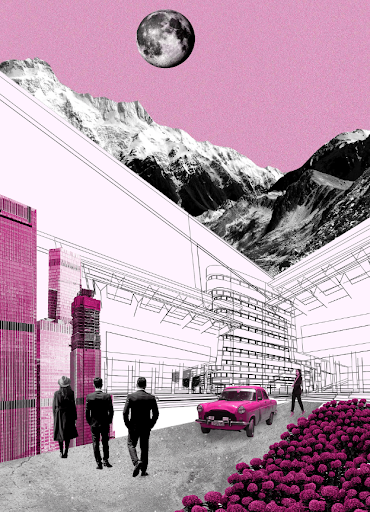
Richard Wittstock recently tweetedabout a rental building he’s leasing up seeing more demand for one bedroom units than three bedroom units. How do you determine what the community actually needs vs what you think it needs?
We do move through trends and different ways of living. Eight years ago, we were so focused on three-bedrooms in the city because people were moving downtown by choice. But now it’s about affordability. So is it that people only want one-bedrooms or is that all they can afford?
We will eventually get back to a place where two or three bedroom units are more popular. But since real estate lasts so long, how does that legacy factor in when decisions are made at a certain time? How do you meet your financial requirements if 20% of your building is three-bedrooms and no one is buying them? I believe people want three-bedrooms but it’s about affordability.
We’ve said that Vancouver is losing its shine. What has to happen for Vancouver to get its shine back?
It hurts my heart to say Vancouver is losing its shine. But getting its shine back is a layered question; I don’t think any one group is responsible. I’ll speak to what I know though.
First and foremost, the city needs to feel safe. There’s a lot of heavy lifting to do here. I live in Chinatown now after living in Yaletown for many years. These are good people here but bad things happen to good people. The city needs to take some big steps. What has been done is not working.
What is the culture of Vancouver? The fact that we don’t have a clear answer to that is a problem.
15 years ago we were rallying around being the greenest city in the world and having bike lanes. Even 10 years ago, Vancouver felt like an exciting city! The Olympics really made Vancouver feel like a fun city.
During covid, having access to nature in Vancouver was incredible. We really rallied to support our local retailers and restaurants. I hadn’t felt that kind of community in a long time. It was beautiful to watch people step up. That is how culture is fostered.
Before we bring a project to a community, we need to talk about community engagement. If we want to be socially active, let’s think outside the box and activate spaces. For example, if you’re coming to the West End, where are the missed opportunities for people to come together in meaningful ways? Maybe it’s Denman Street. Let’s show people what they could do in an environment that’s created for them to spend time in.
I worry that a lot of great talent will leave Vancouver because they can’t live here. And a lot of that talent is in arts and culture. We need to bring those people into the fold of what we do in real estate development. A developer isn’t a culture maker. And why should they try to be? We need to be collaborating with cultural partners to get people excited.
There’s lots to do to fix Vancouver. We need to own our part in it.
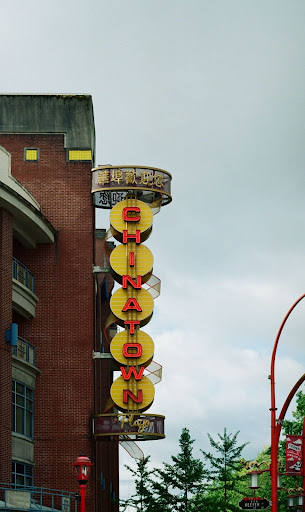
What areas in the Lower Mainland are you excited about?
Putting my old broker hat on, I will say that it’s most important to find out what matters to you as an investor. It doesn’t matter what I think. It matters where you want to put your money.
Personally, I’m most excited about Surrey. All of my in-province investment has been in Vancouver but I’m very excited about Surrey. I really like their OCP. It takes into consideration the existing culture of Surrey. I appreciate the infrastructure, including the skytrain to Langley and rapid transit they’re building. Surrey is diverse, which I love.
When every big player is moving to an area, it’s exciting. It means there’s so much there. For people who live south of the Fraser, it feels like they have to come into “the city” (aka Vancouver) to get things or do things. But now is a great time for Surrey to be the city. You can get an Uber and go somewhere with your friends in Surrey. You don’t have to come to Vancouver.
It’s going to be massively transformational. Surrey is only going to get better.
Outside of the Lower Mainland, I’m excited about the Island, mostly near Victoria. I didn’t spend a ton of time on Vancouver Island as a kid but now it’s a really cool place with very thoughtful development. I know at least 15 people who moved to the Island in the last five years. It’s a lifestyle choice to move to Vancouver Island. When you’re dealing with people who are choosing to move based on their lifestyle, it’s exciting to match that energy.
What new trend in real estate are you most excited about?
Technology as a service. In the last three years, branded luxury moved the most. For example, people were choosing to live in branded residences, like the Ritz or Fairmont, for the amenities and the service. With their app they can get concierge services, get someone to pick up their kids, record a podcast in an amenity room, etc.
Convenience is the number one driver and we can provide that through technology.
The amenity isn’t just about the space but the service. We’re also seeing technology in the building phase. Developers don’t know how fast technology will move so they need to bring it in from the beginning.
People don’t want to be told what to do. They know what works for them and they’ve cut out the things that don’t. During covid, everyone took stock of how their environment serves them and what they want from their living environment. We need to meet that expectation and technology allows us to do that.

The 5 Wire: Getting to Know Junction Co. Principal & Founder, Ameet Johal
What is one book you recommend?
Feminist City by Leslie Kern. And it’s not just for women! It’s a really fantastic historical and relevant view of urbanism.
What new belief, behaviour or habit have you adopted in recent years that has had a positive impact on your life?
Not feeling burdened by imposter syndrome, which is a whole other podcast episode! I’m glad I learned that imposter syndrome is bullshit.
I also learned that boundaries are a good thing. My belief is I won’t do it if I don’t care. One of my big reliefs when everything shut down was not feeling obligated to go places or do things I didn’t care about. Sometimes the noise of what we think we should be doing or who we think we should be can steer us wrong.
What have you been binge watching lately?
Formula 1: Drive to Survive. It cracks me up because it’s so much production and so much money…for what? I still don’t know! I love Lewis Hamilton. And I love that show for the drama.
I also just watched The Romantics on Netflix. It’s a docu-series on Indian cinema. For people who grew up watching Indian TV, it’s a massive part of our culture. And way bigger than Hollywood!
Favourite band or music?
Hip hop is number one. I grew up on all kinds of music but hip hop is life. I’ll always go with Nas. Prince is everything too.
What is something you recently purchased for under $1500 that has changed your life?
My Evo membership! I got rid of my car. I’ve been driving since I was 14 but I was in between vehicles so thought I would try it out and I love it. You never have to pay for parking and they’re so accessible. Mostly everything I do is in the city, so it works. I like that it’s a bit communal. It’s been a game changer!
Not having a car has also helped me to walk more and connect to my city. I see more people. So really that Evo membership has changed my life!
Keep your finger on the pulse of Vancouver’s real estate market with our Live Wire email newsletter.
Episode Host

Adam Scalena
Adam is a full-service realtor, specializing in Vancouver’s best areas. His systematic approach to real estate and dedication to his clients has consistently placed him within the top 10% of realtors operating within Greater Vancouver.

Matt Scalena
Matt is real estate obsessed and considers himself a lifelong student of the Vancouver real estate market. As a co-manager of the Scalena Real Estate team, Matt prides himself on expertly advising buyers and sellers on all aspects of the fast-paced, dynamic Vancouver real estate market. He is present at every stage of the process, from that first phone call or email right through to when keys are exchanged between sellers and buyers.

